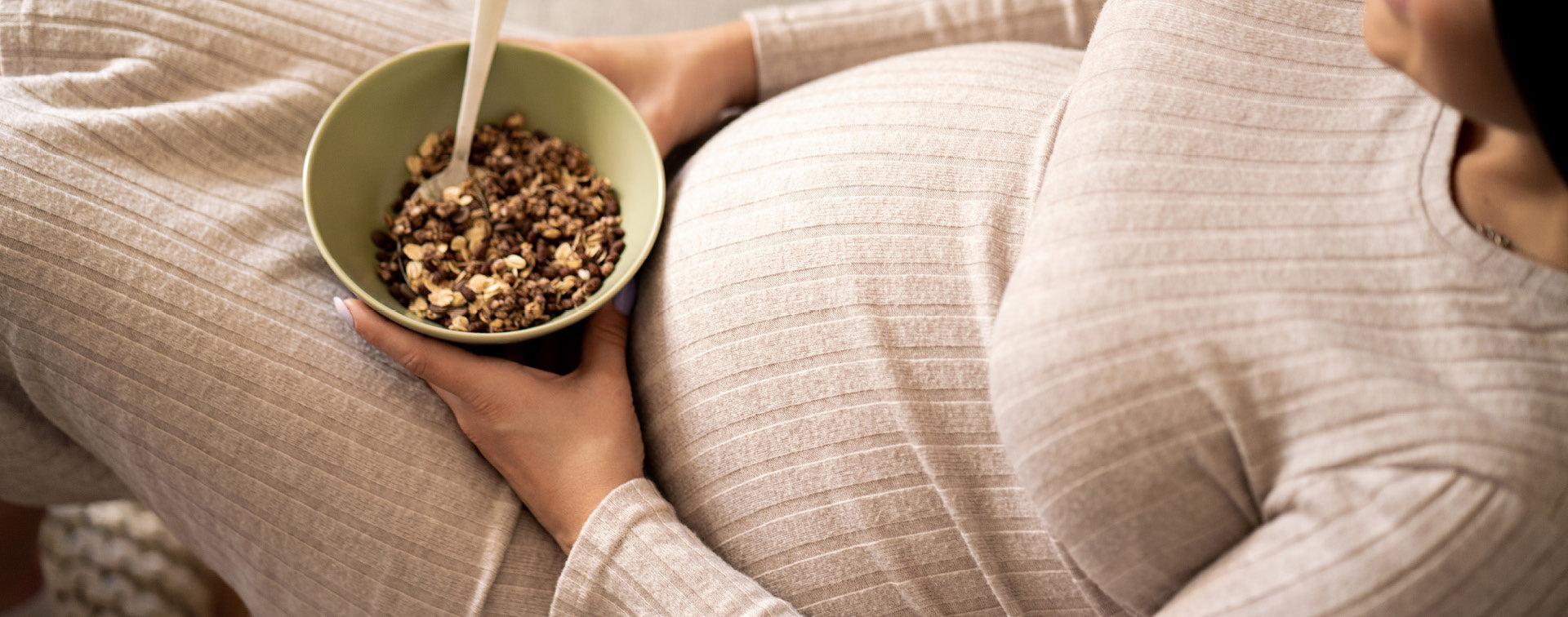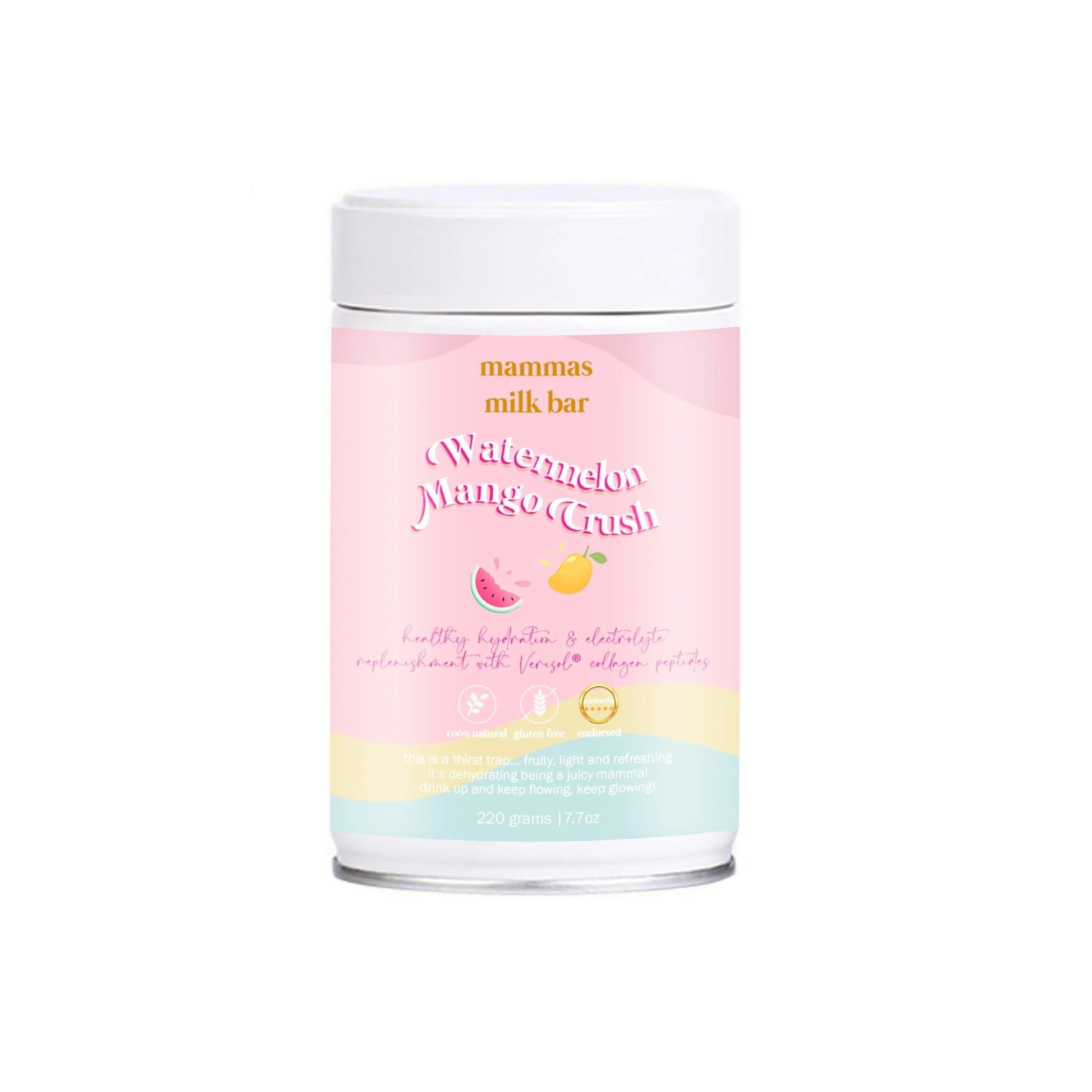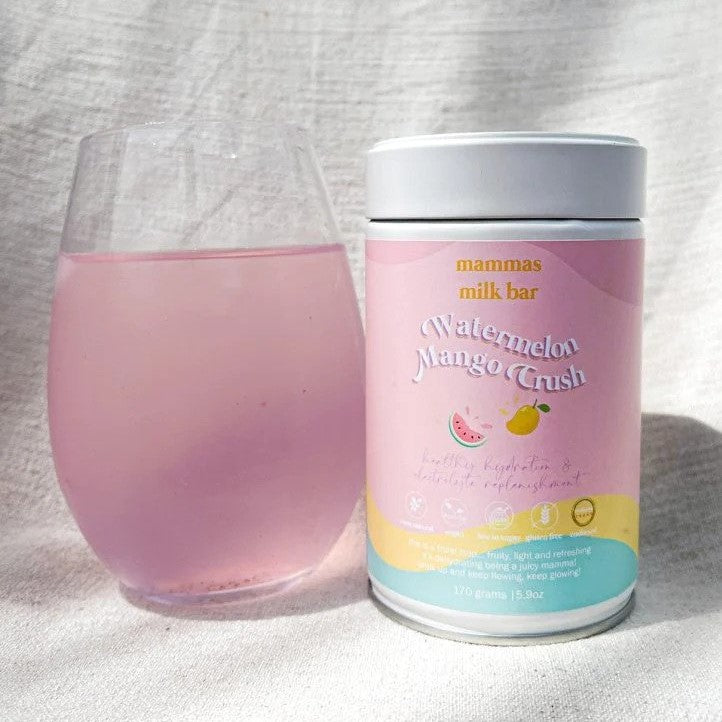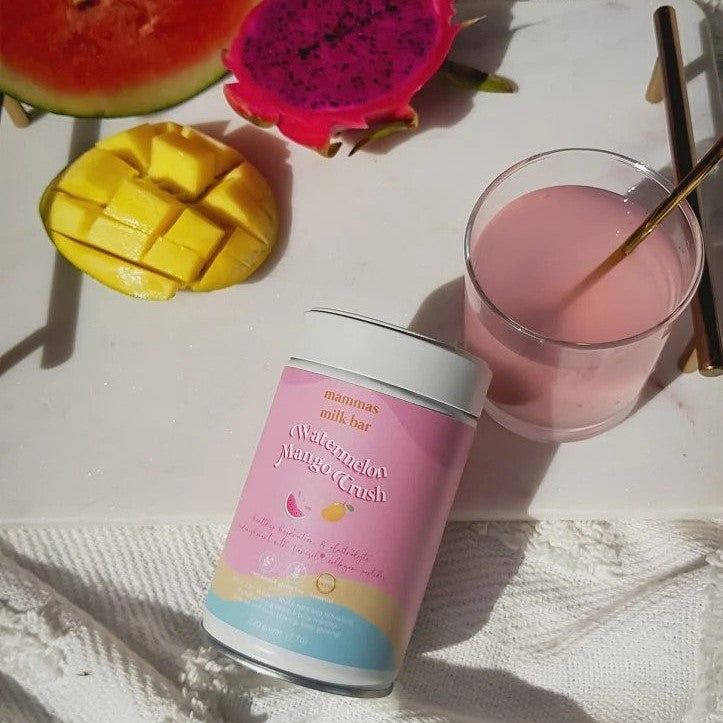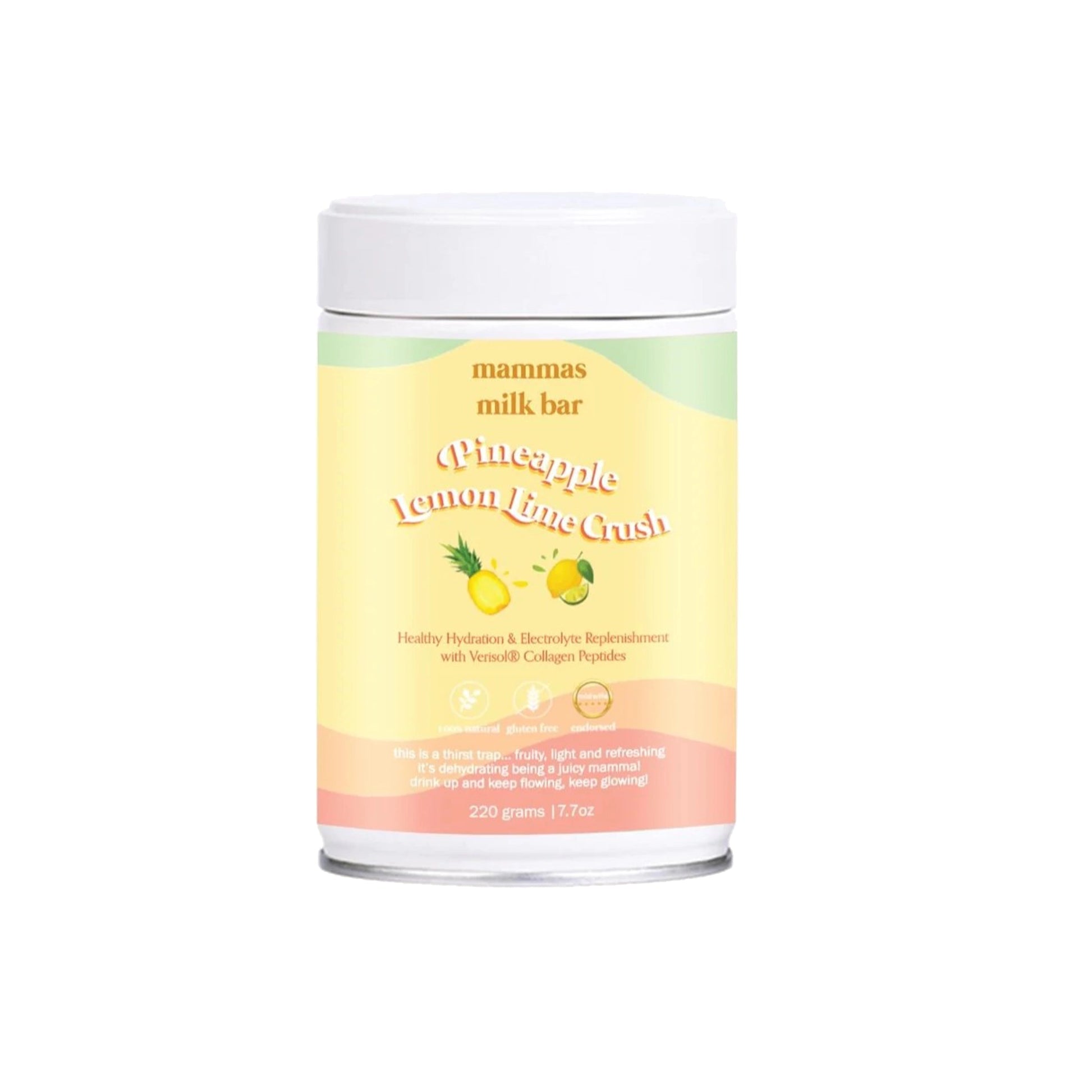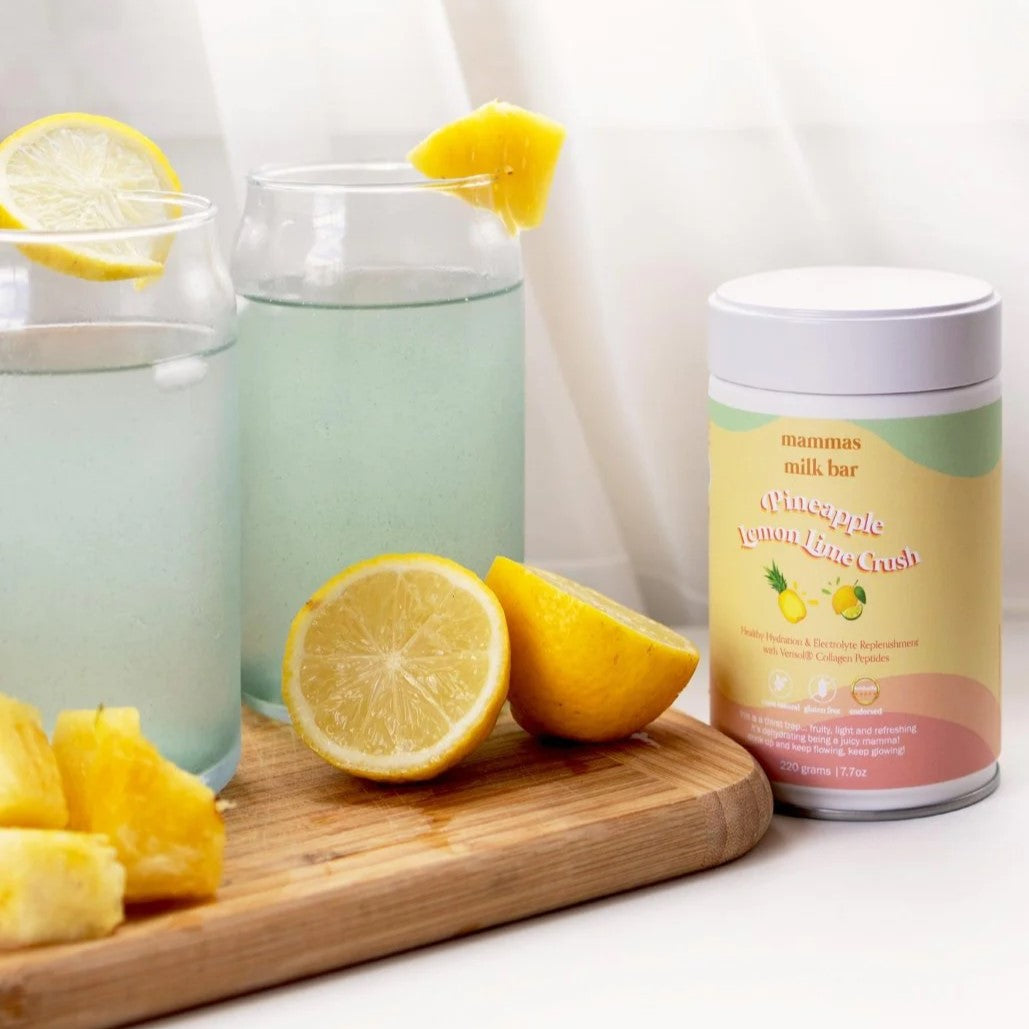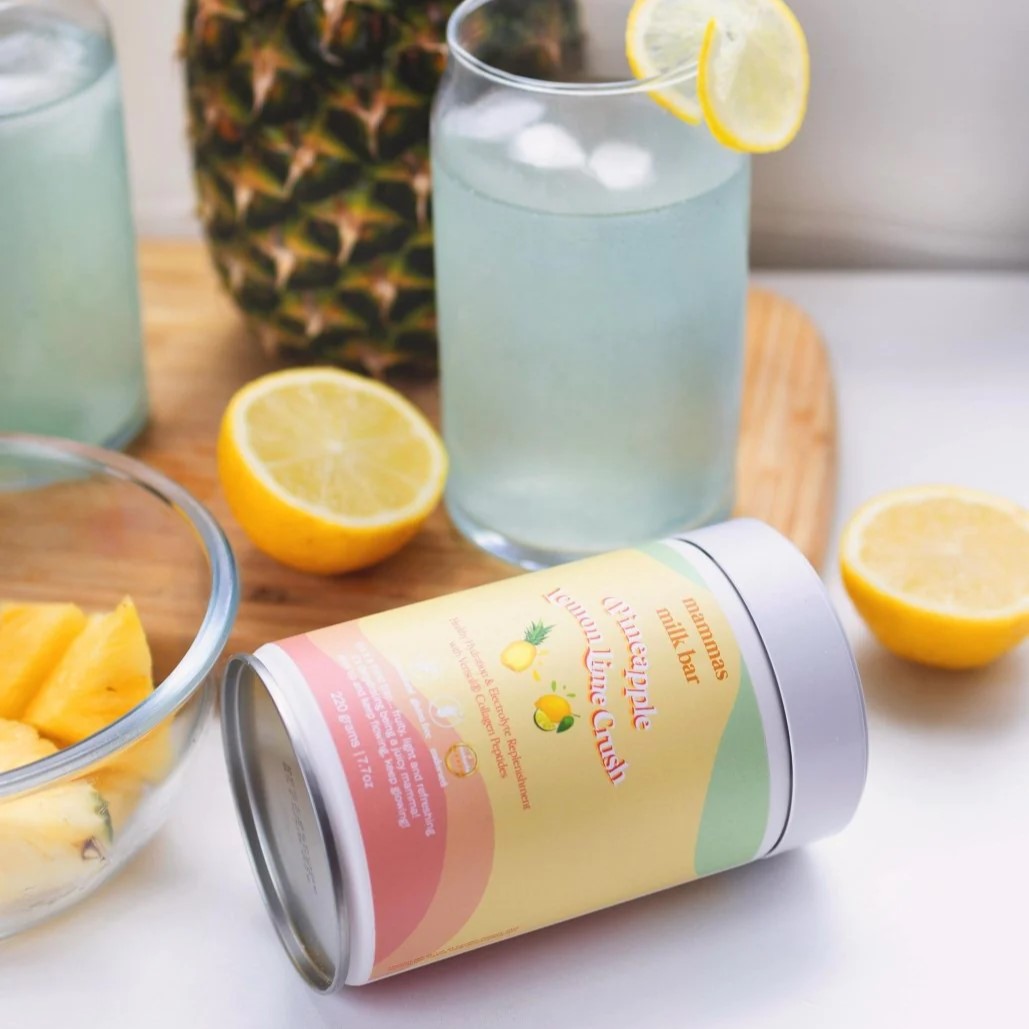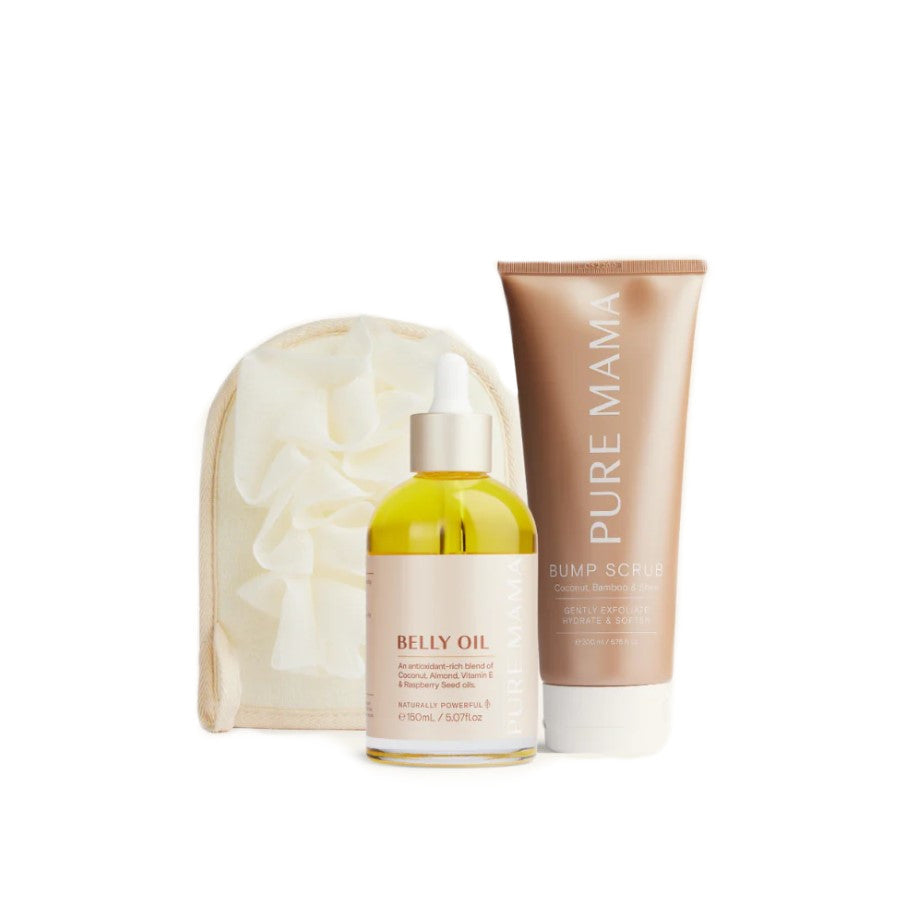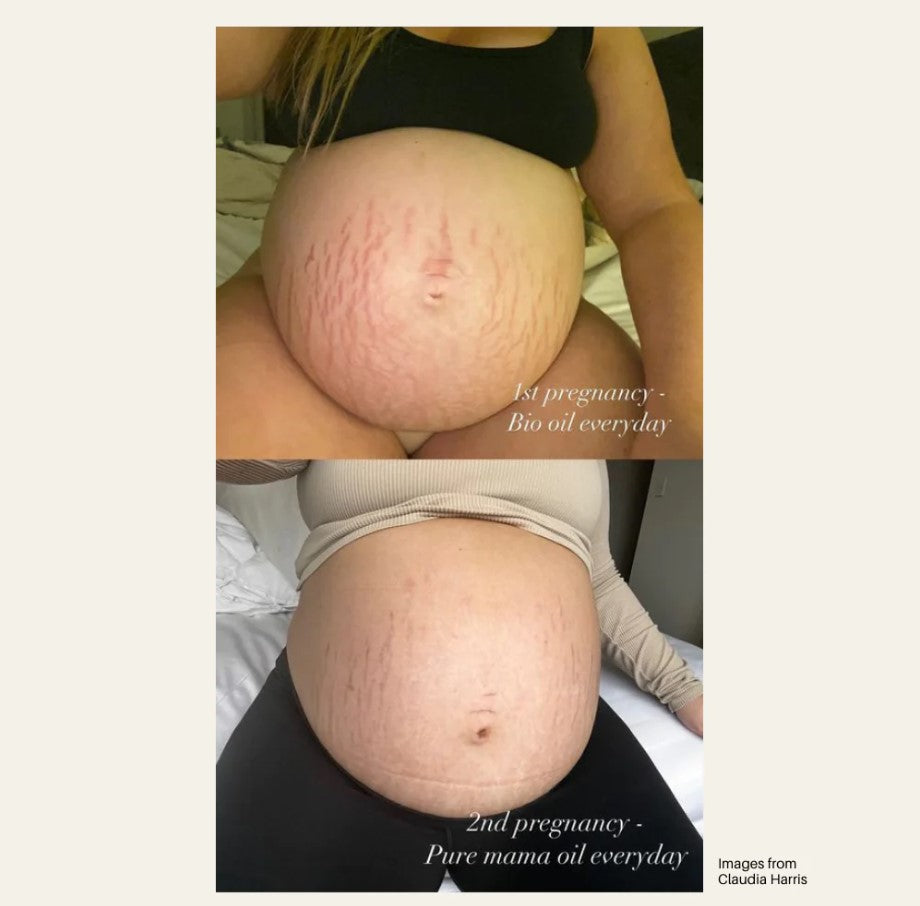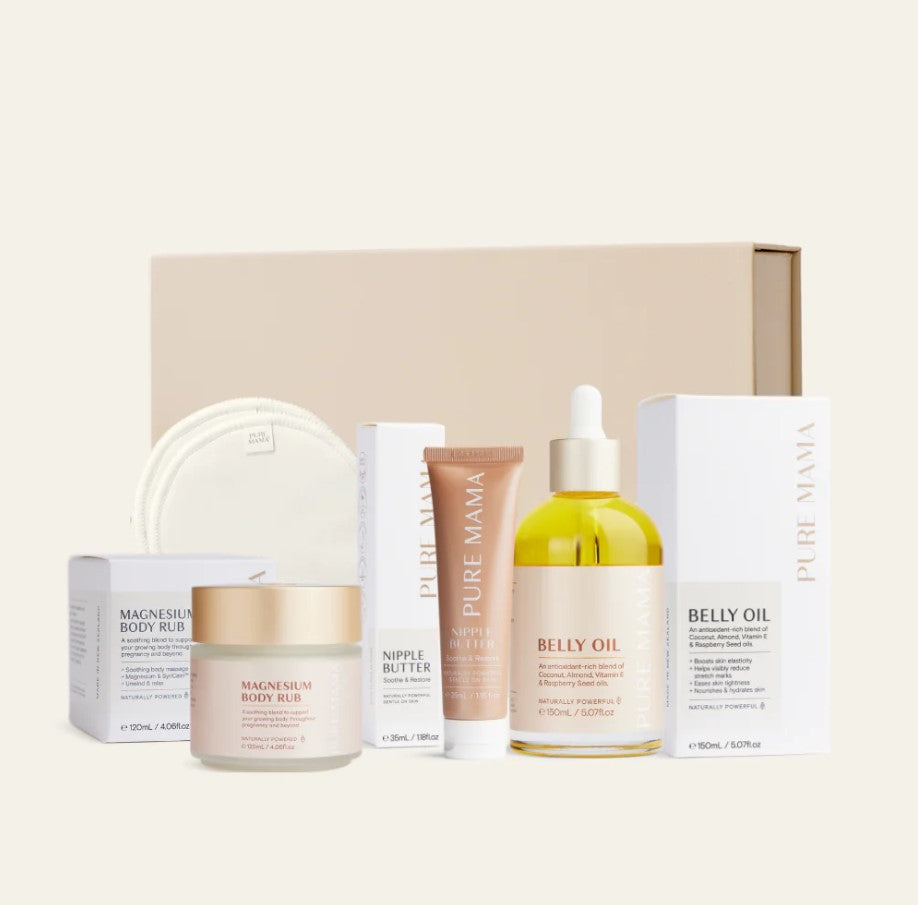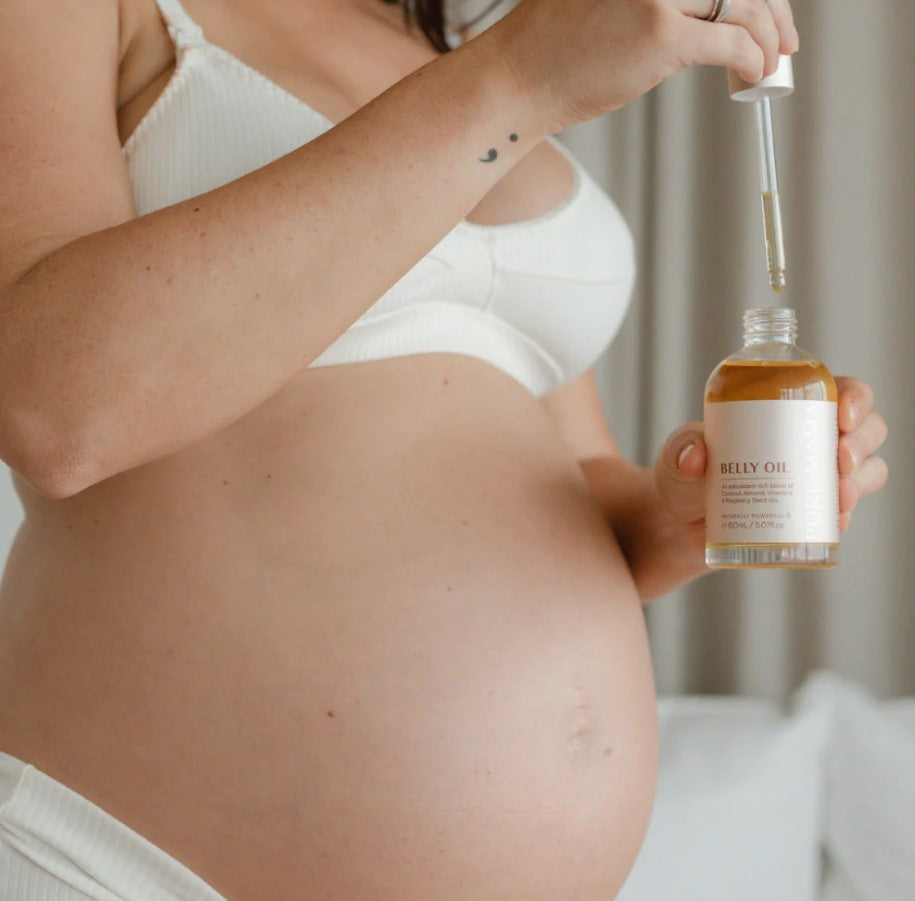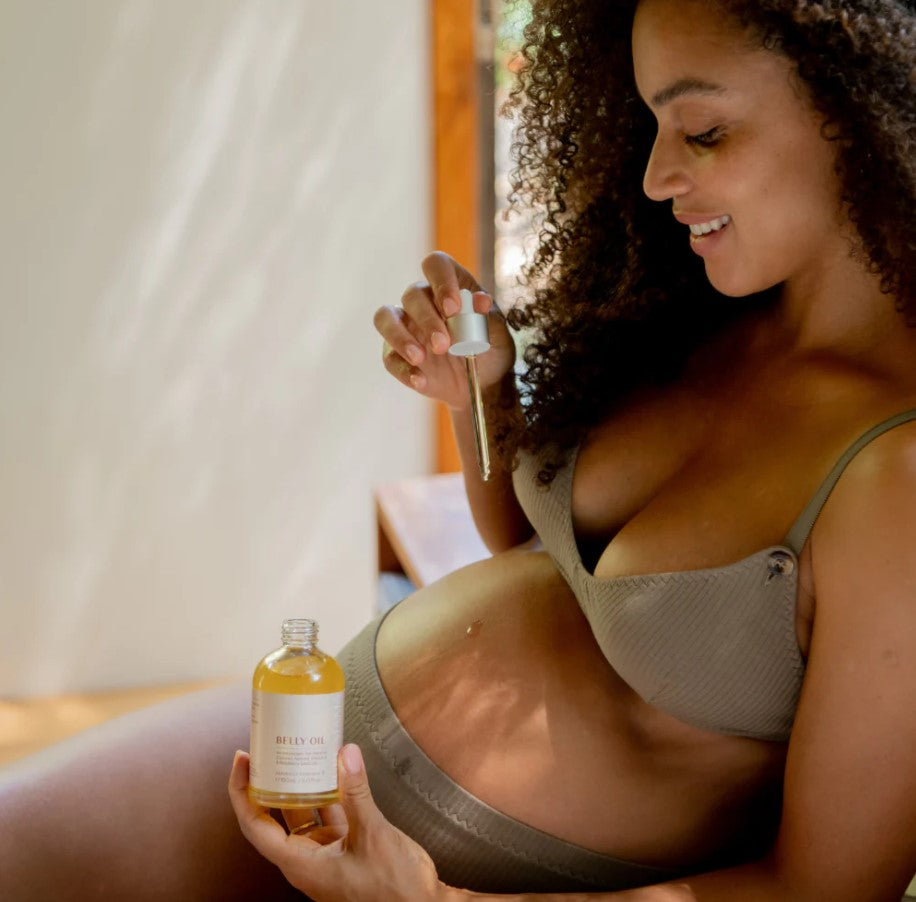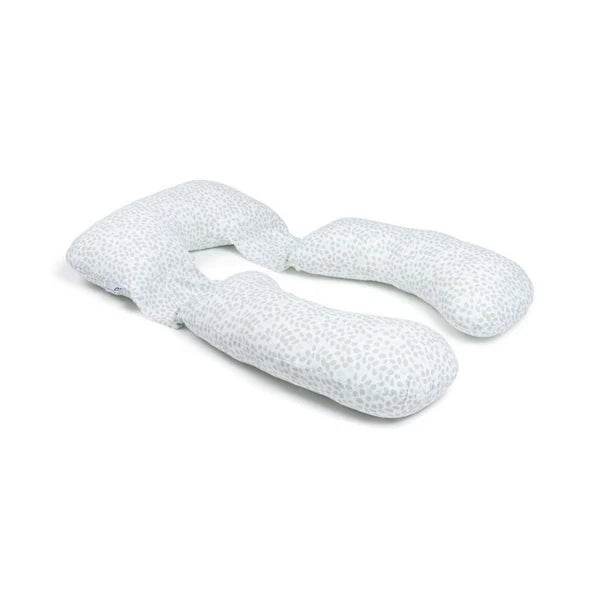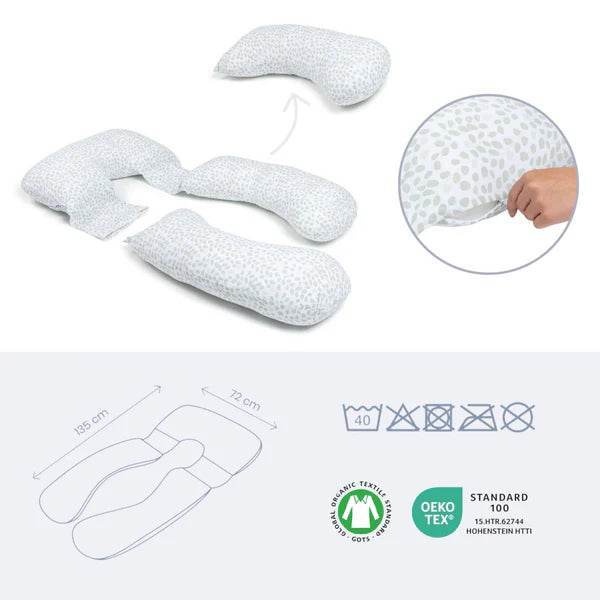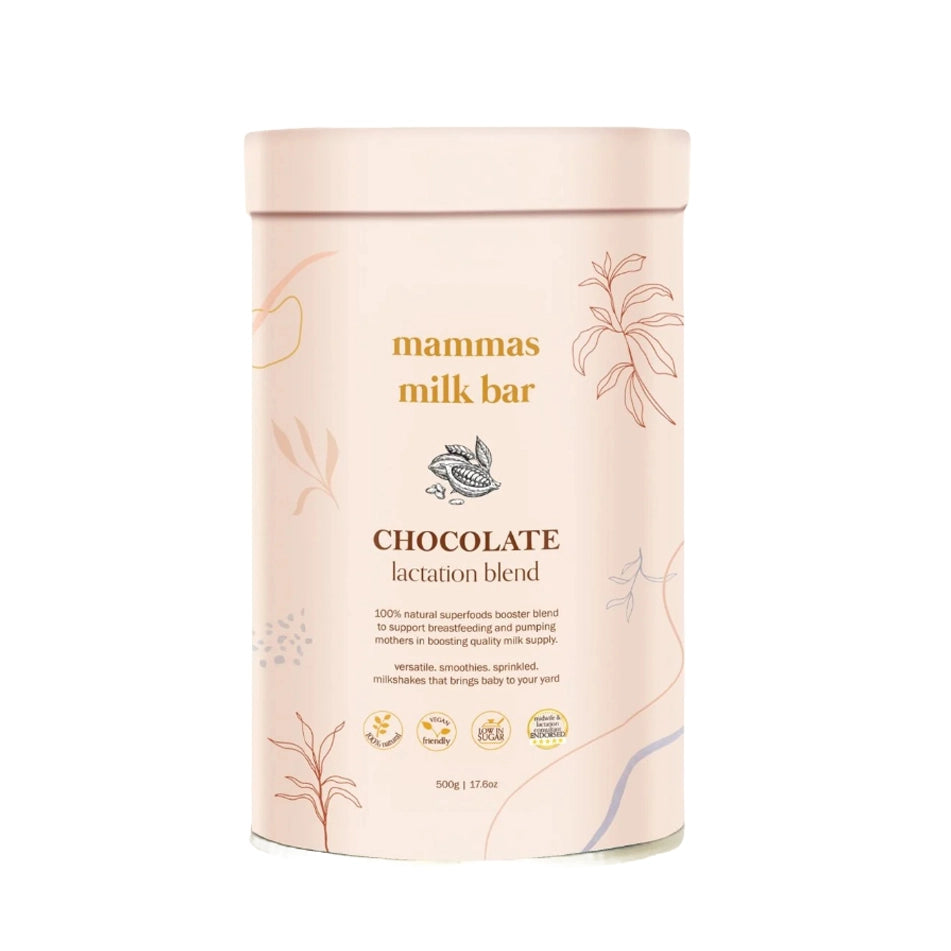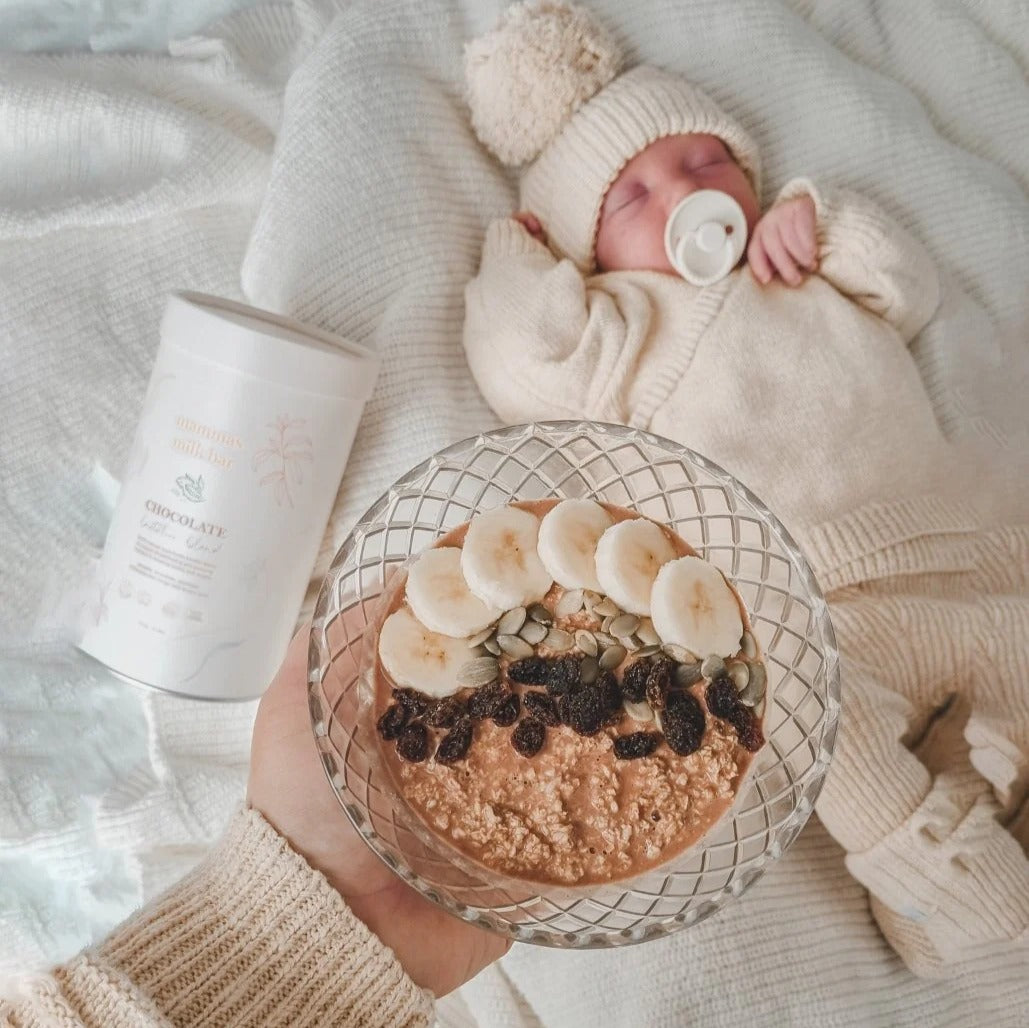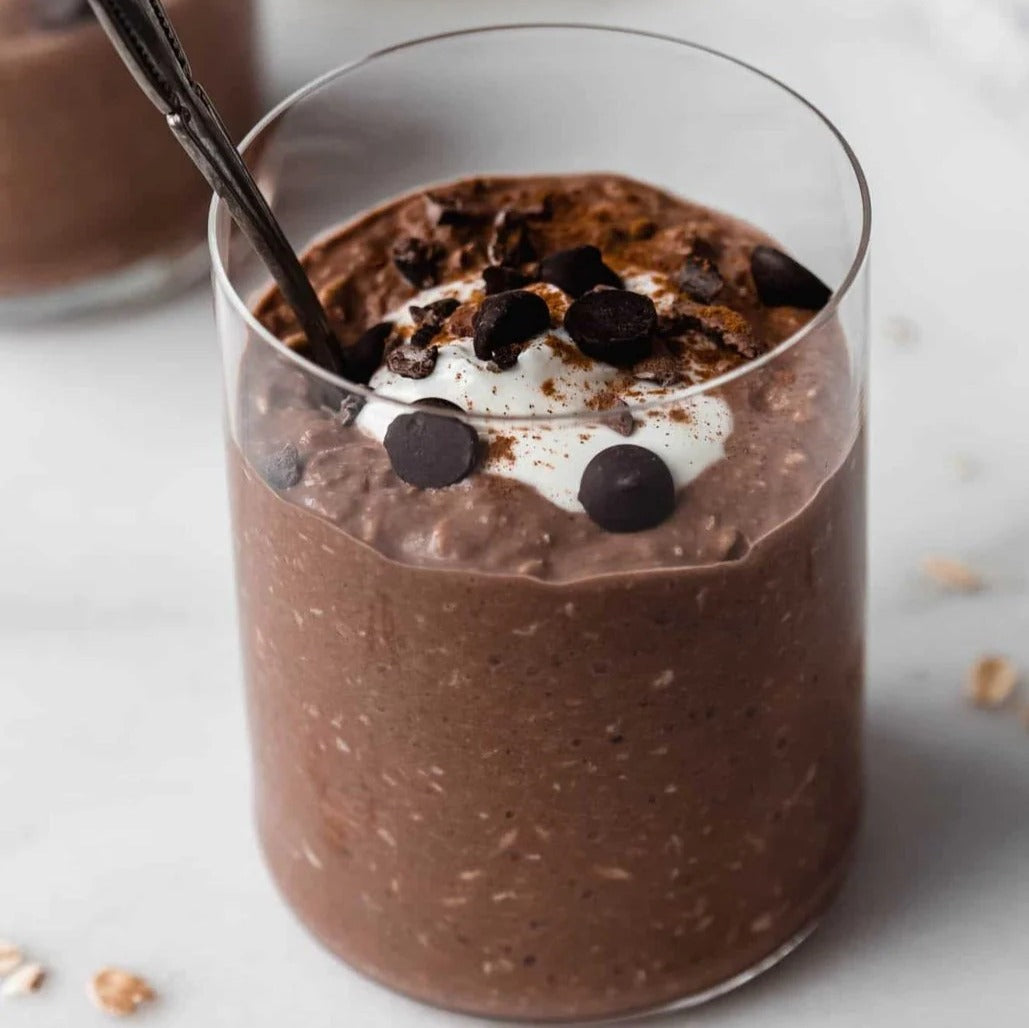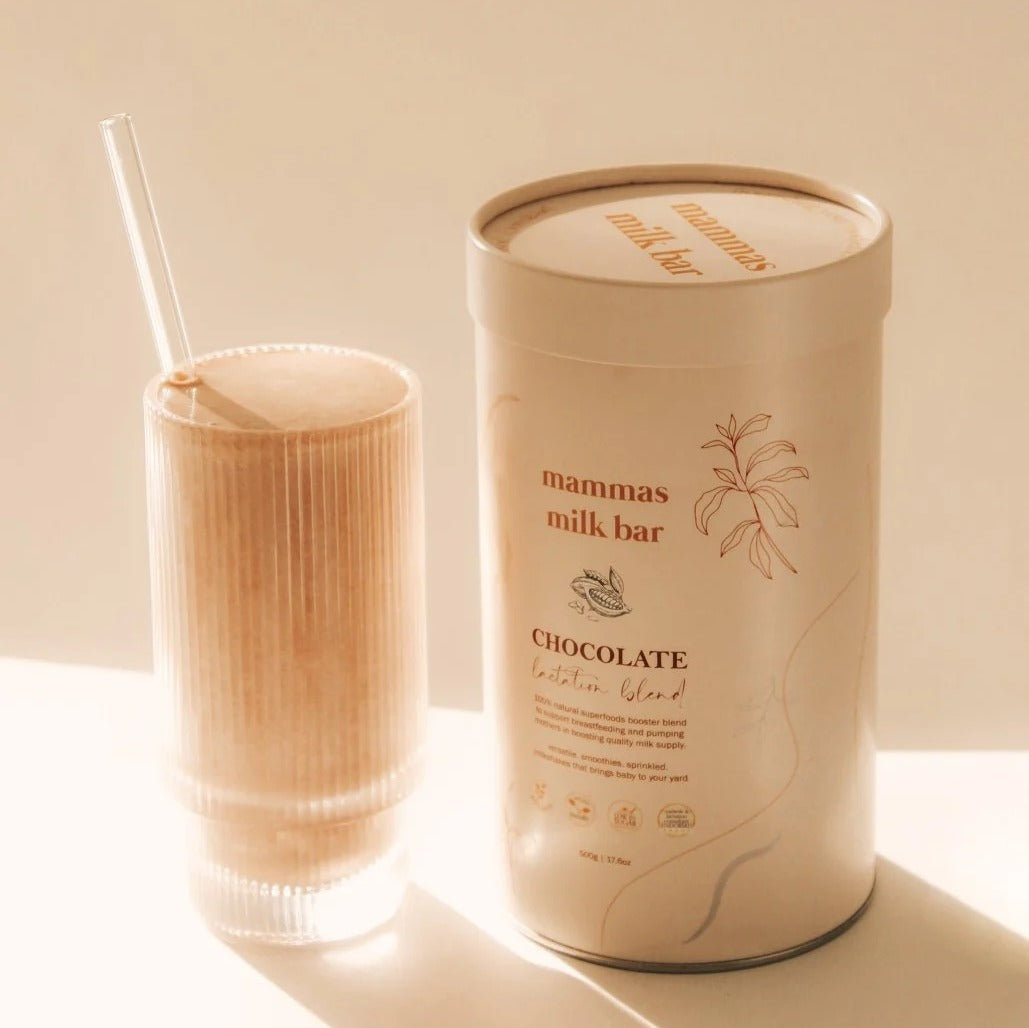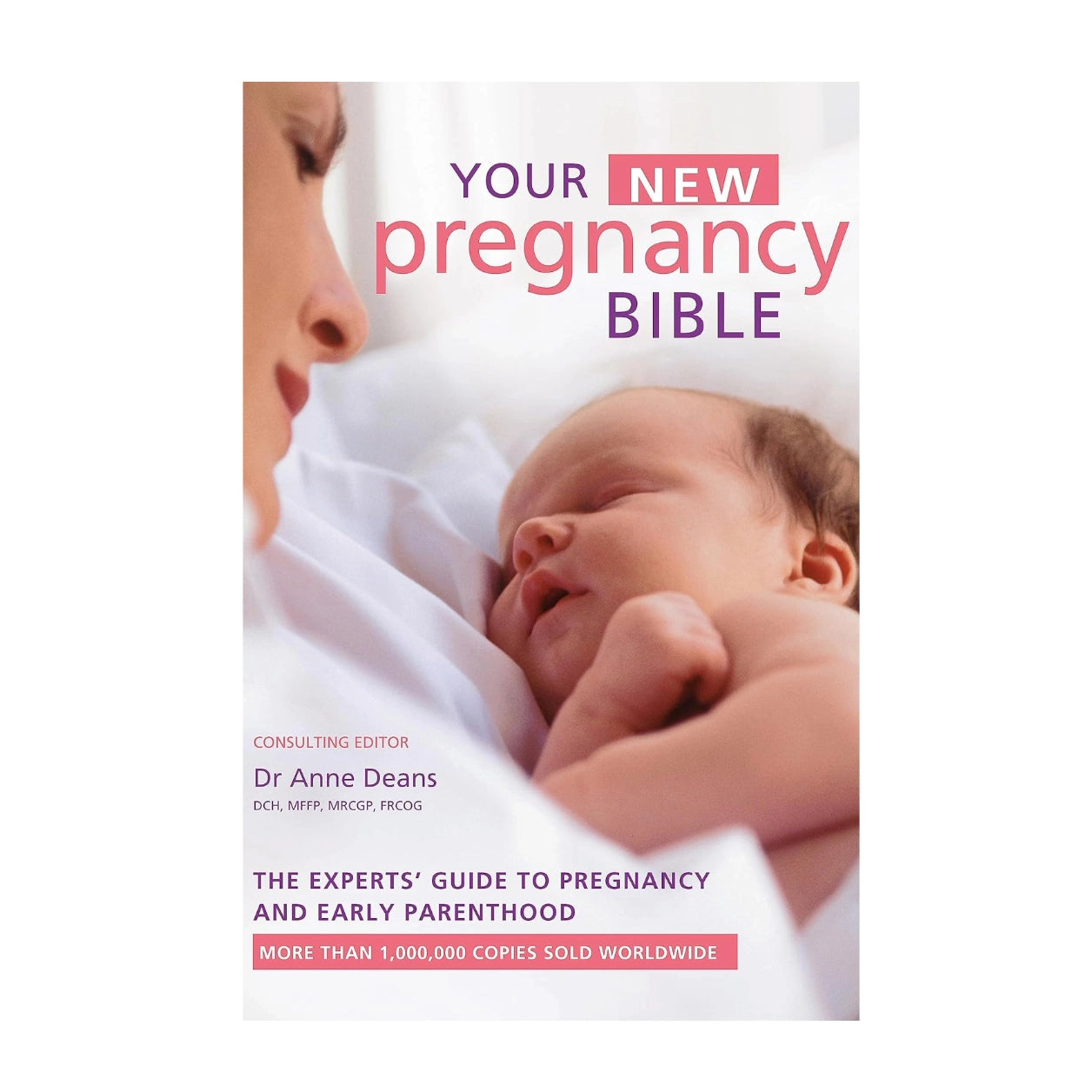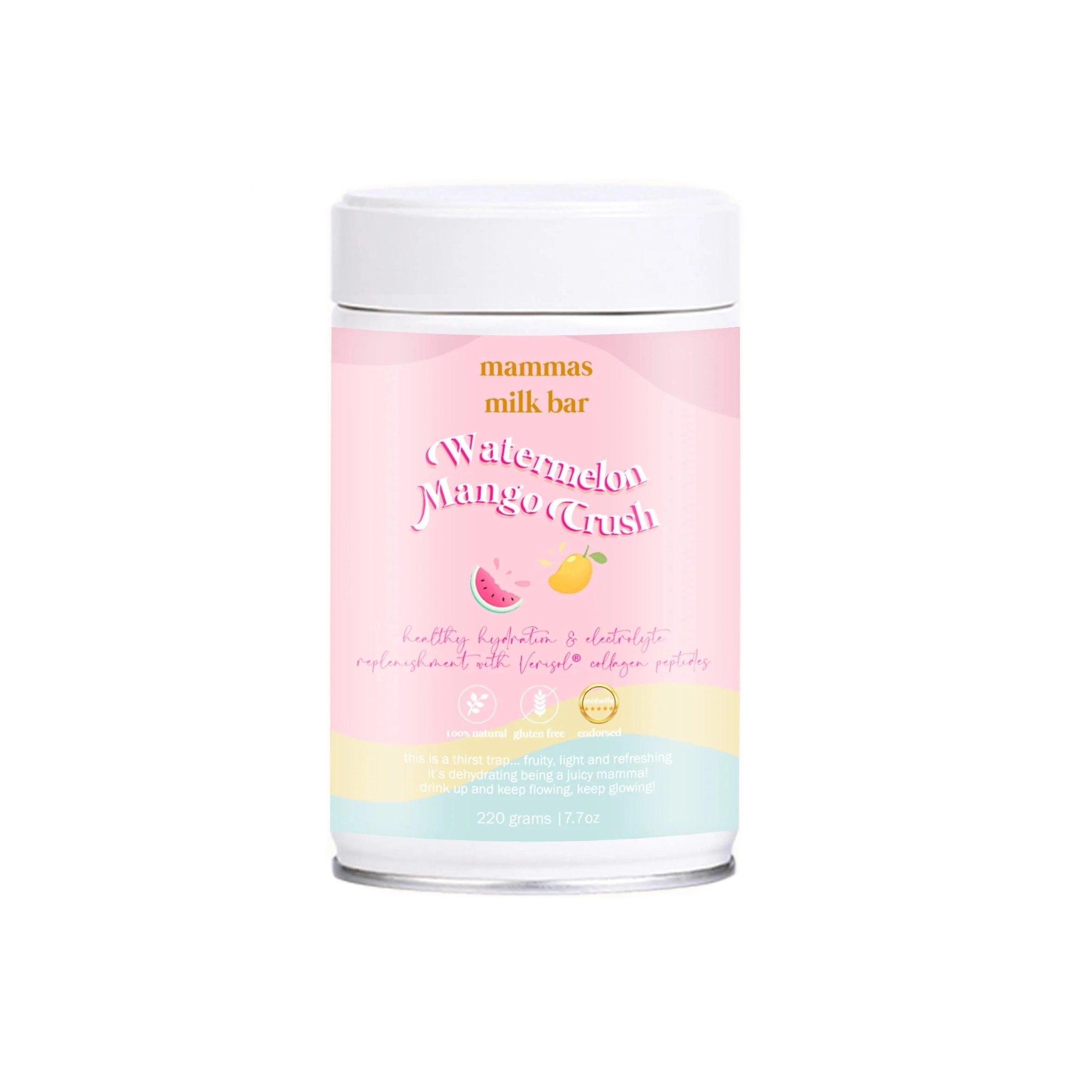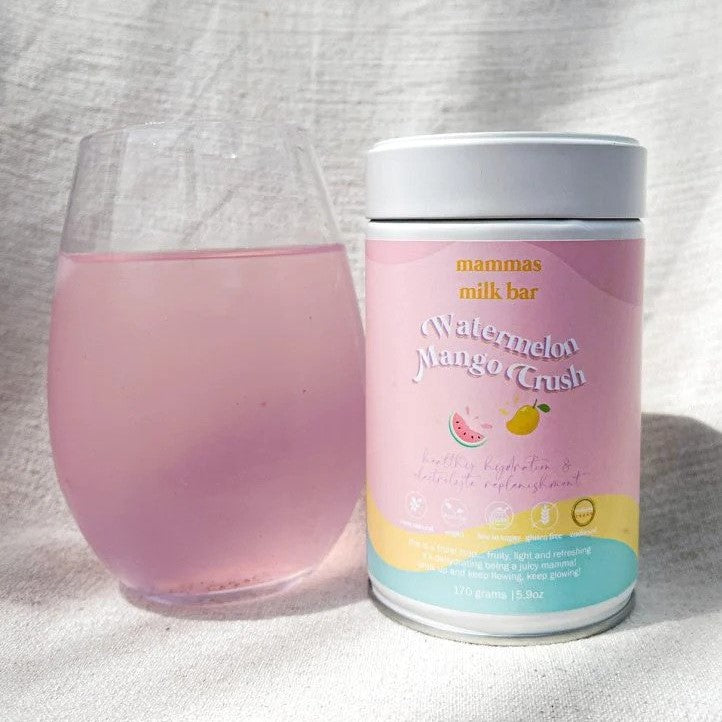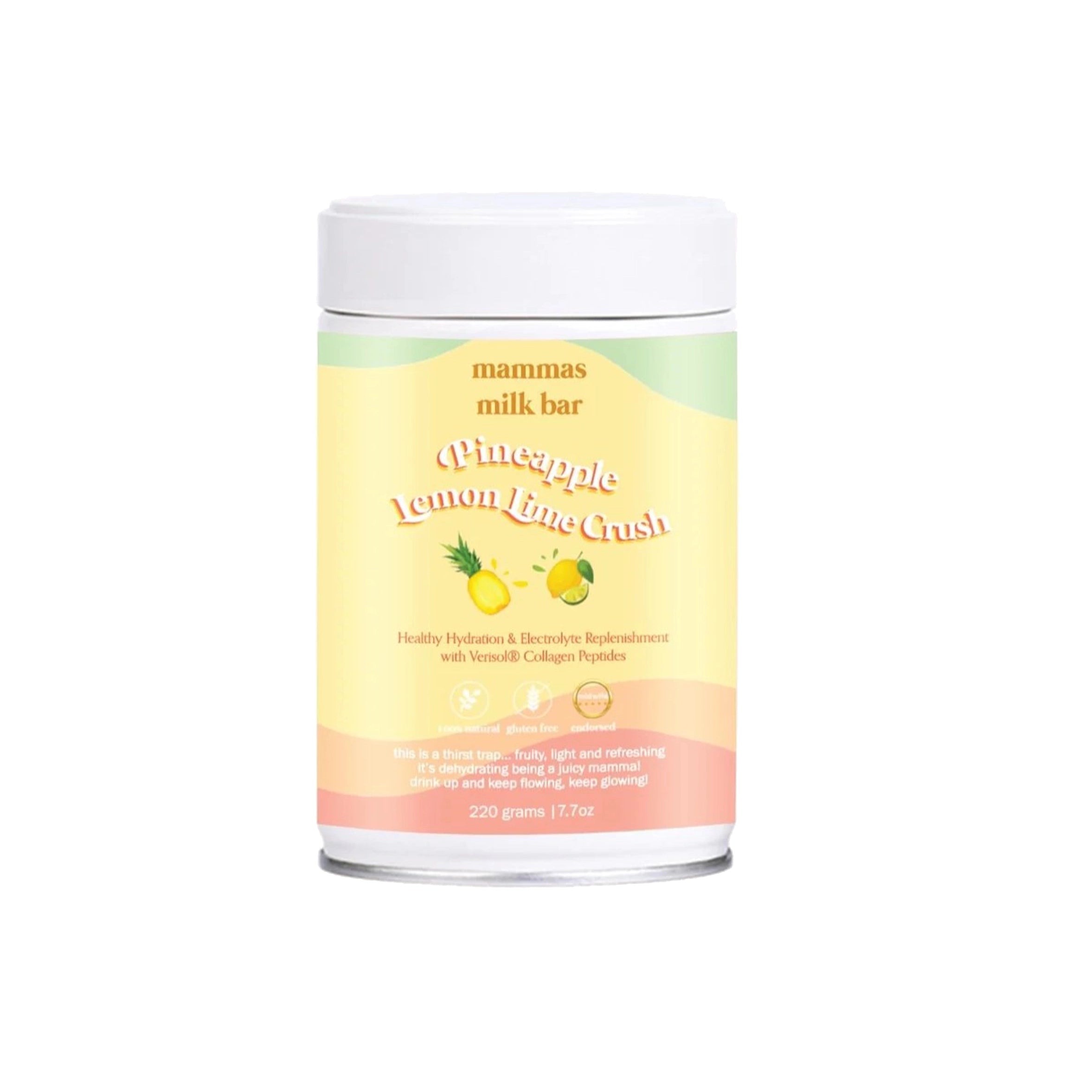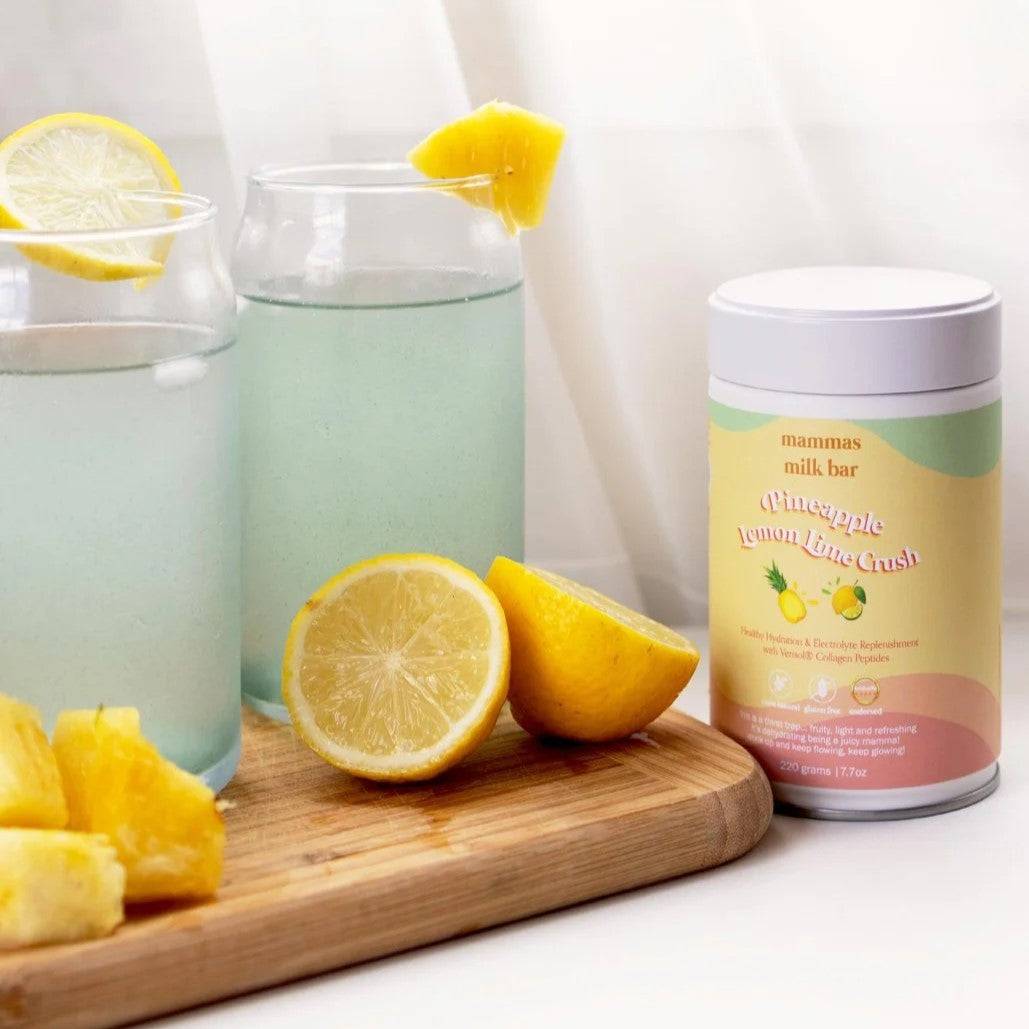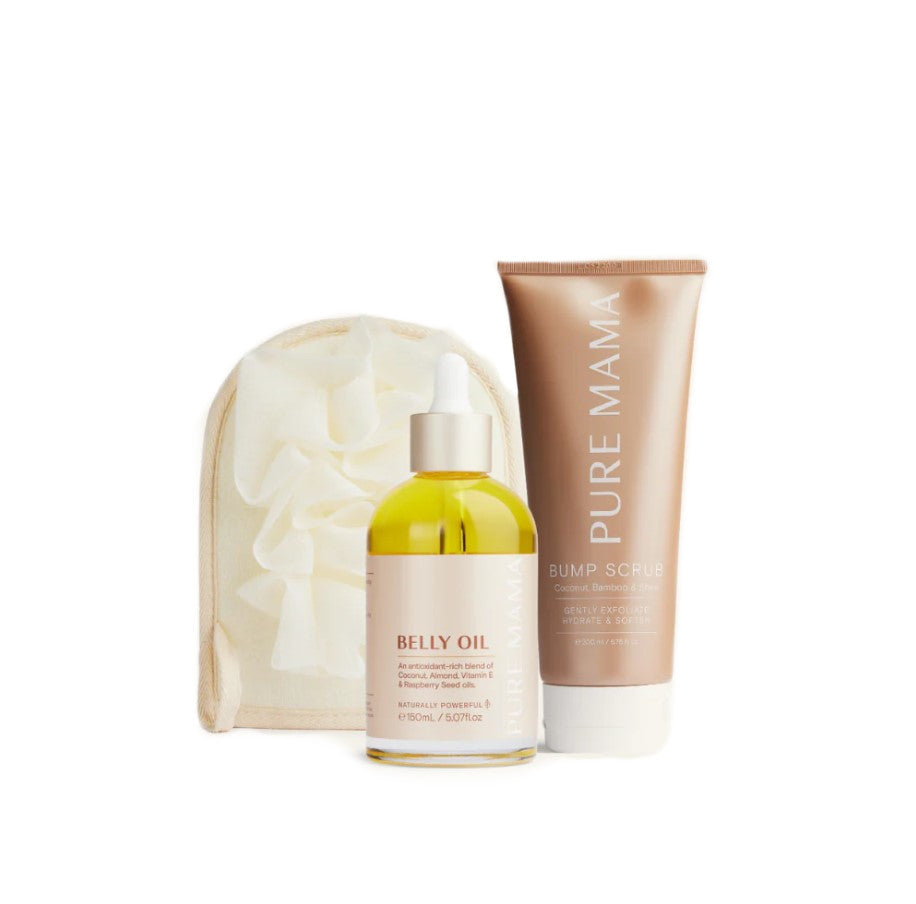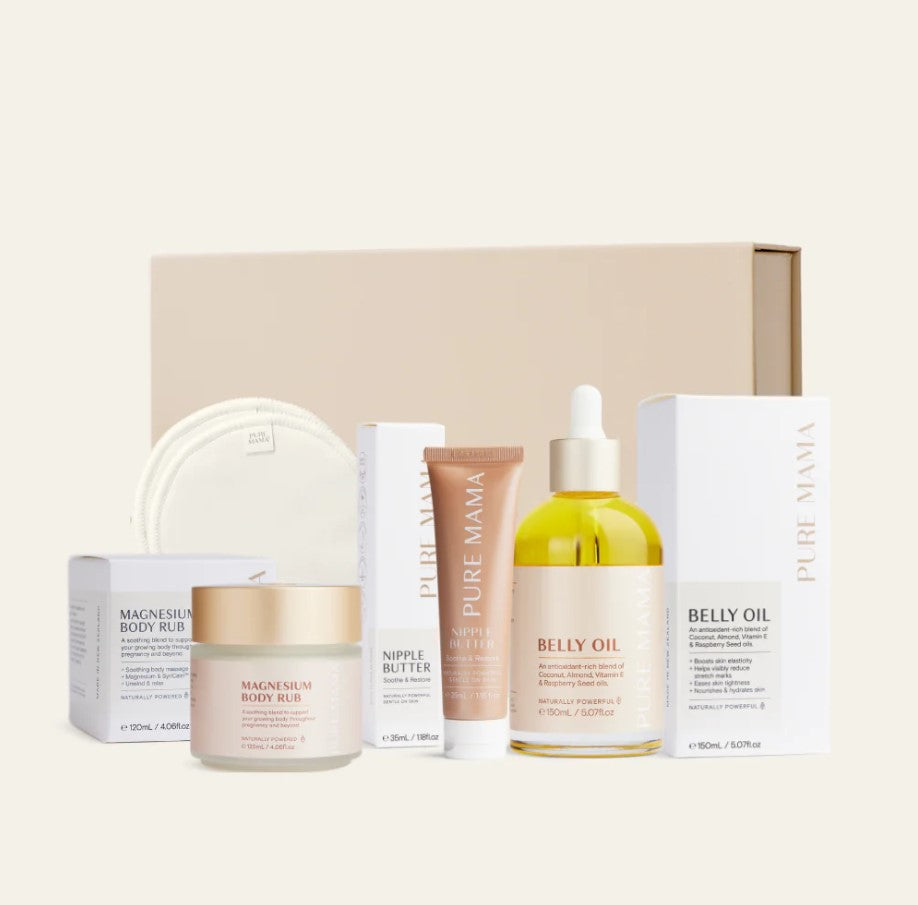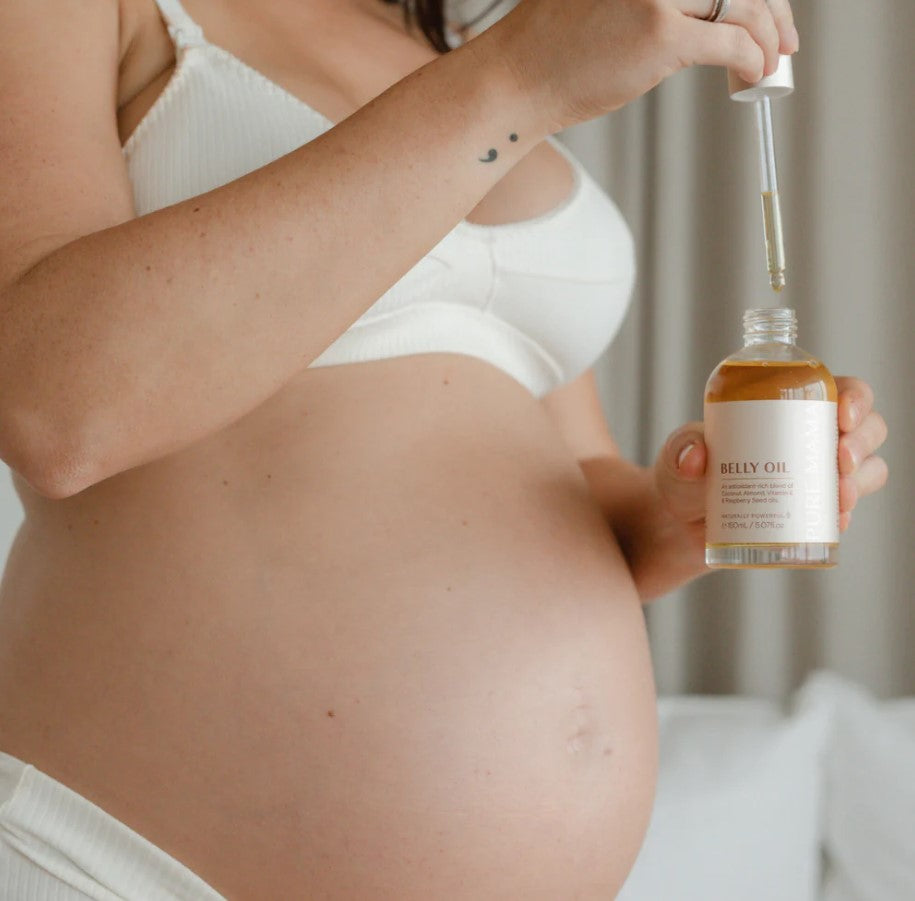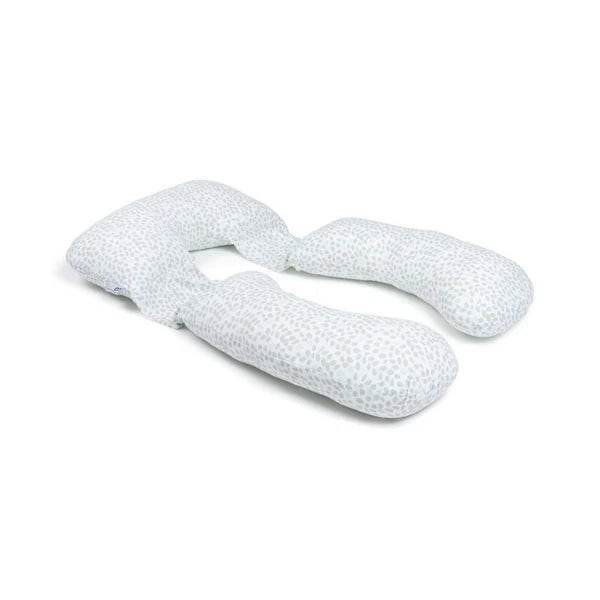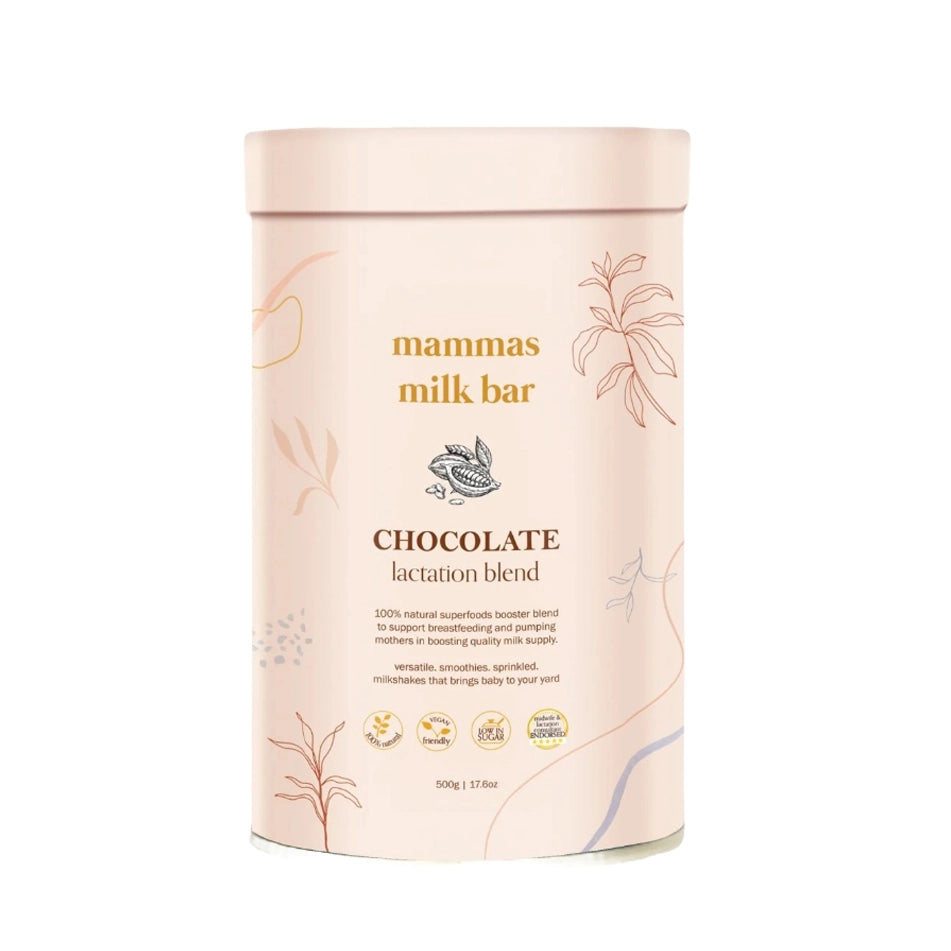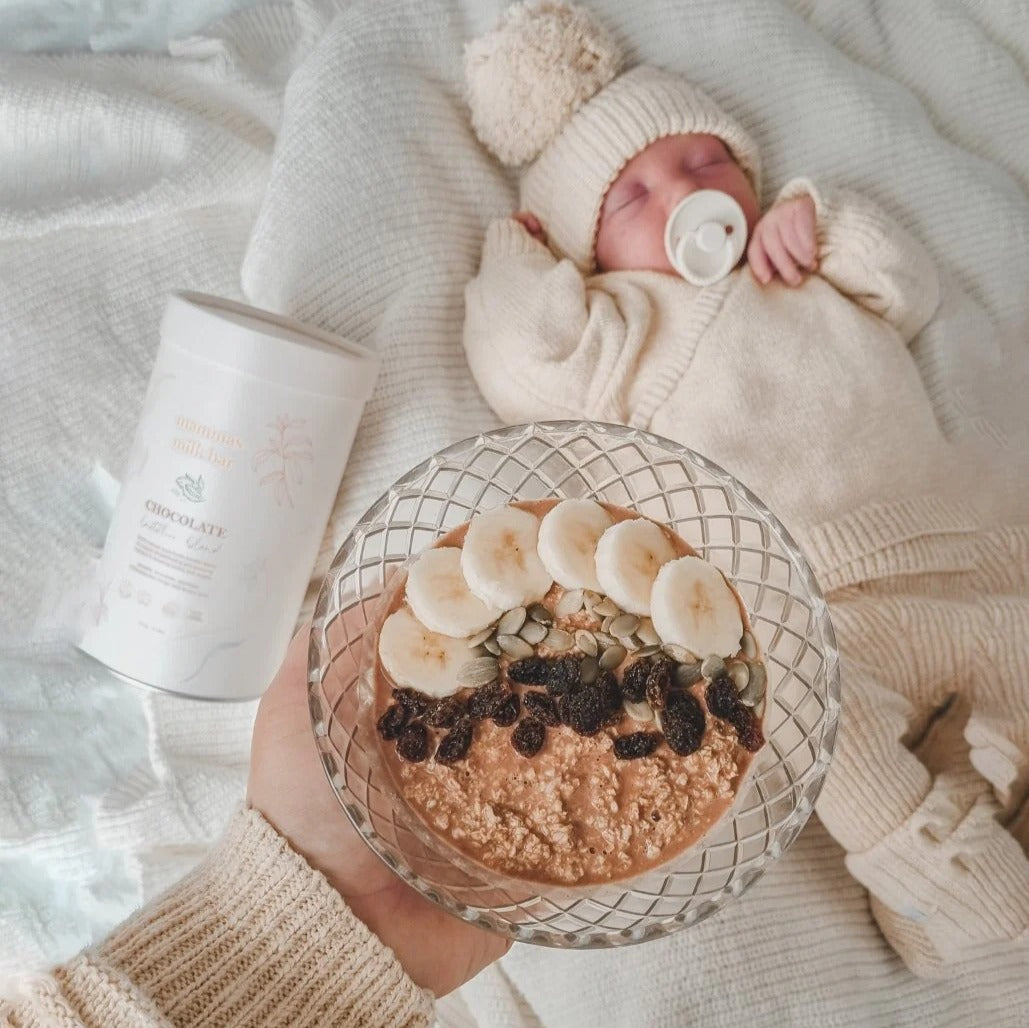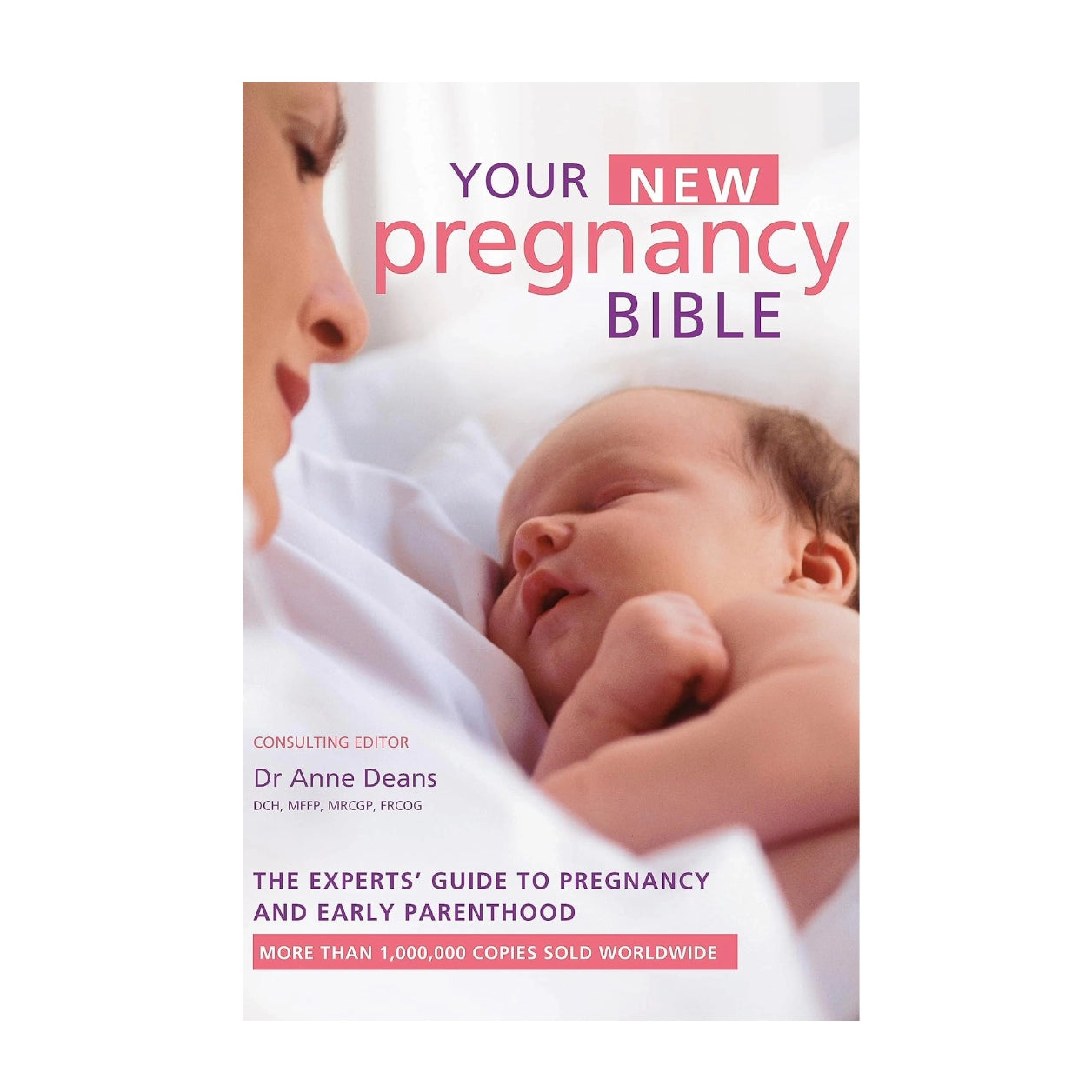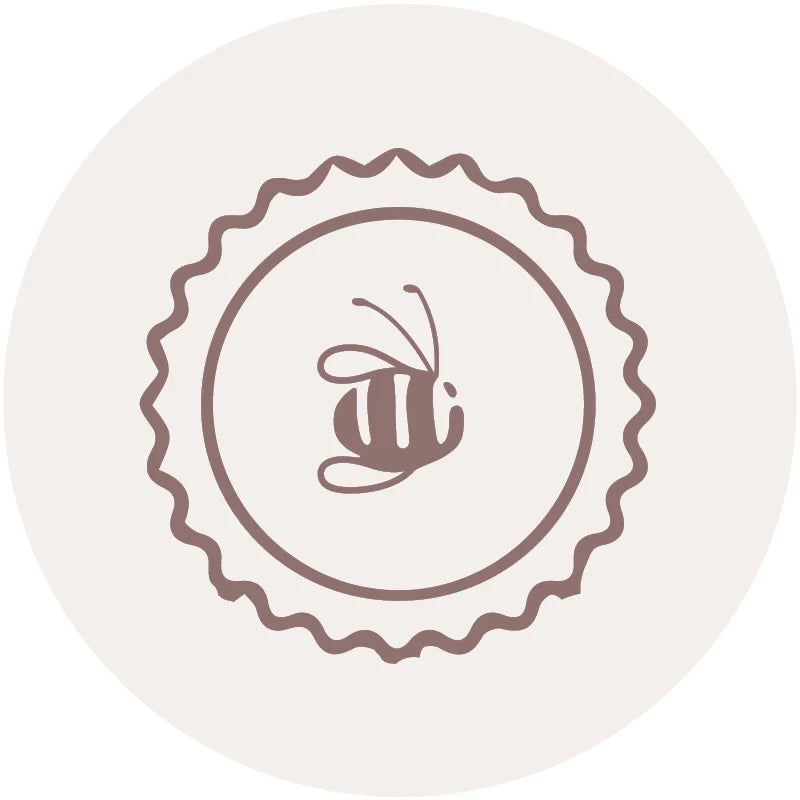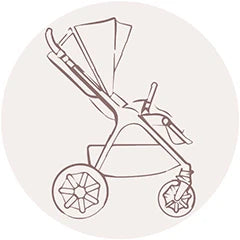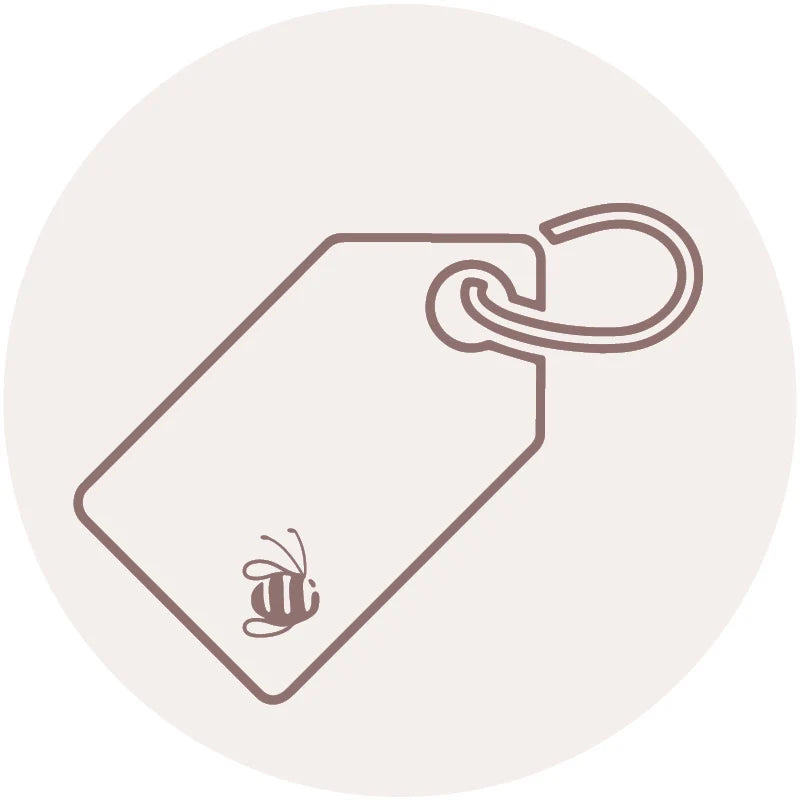When you're pregnant, what you eat matters more than ever. We’ve asked Sarah-Jane Simpson, a NZ Registered Dietitian, to break down the key foods to enjoy and the ones to avoid during pregnancy, so you can feel confident nourishing yourself and your growing baby.
What can you eat during pregnancy? A dietitian’s summary
By Sarah-Jane Simpson, NZ Registered Dietitian, Auckland Family Nutrition Ltd
Consult a Dietitian at https://aucklandfamilynutrition.co.nz/ , specialising in pregnancy to ensure your diet meets your individual nutritional needs.
Eating a balanced and nutritious diet during pregnancy is important for the health of both the pregnant mum and baby. However, certain foods may have a higher risk of causing illness during pregnancy and need to be avoided or precautions taken due to microbes such as: Listeria monocytogenes, Salmonella or Toxoplasma, or due to very high levels of certain nutrients including: mercury, iodine and cadmium.
It’s important to understand the food safety in pregnancy guidelines so you can make informed dietary choices during pregnancy. This is a summary; you can find more information on the Ministry for Primary Industries (MPI) website https://www.mpi.govt.nz/food-safety-home/food-pregnancy/list-safe-food-pregnancy/ and the Safe and Healthy Eating during Pregnancy booklet https://healthed.govt.nz/products/safe-and-healthy-eating-in-pregnancy . You may also want to review the information on the Auckland Family Nutrition Instagram page https://www.instagram.com/aucklandfamilynutrition
MEAT AND POULTRY+
All meat and poultry should be cooked thoroughly and eaten while hot.
Avoid:- Undercooked meat and poultry. Cold leftover meat and poultry. Cold processed meats (e.g. ham, biltong, salami)
- Well-cooked meat and poultry.
- Leftover meat should be stored covered in the fridge, consumed within two days. All leftover meat or cold cooked poultry should be reheated until >70°C.
- All processed meat or poultry should be avoided unless heated until >70°C.
EGGS+
Raw eggs should be avoided during pregnancy due to the risk of salmonella.
Avoid:- Raw or undercooked eggs in smoothies, homemade sauces or dressings, mousse, and raw baking mix.
- Well-cooked eggs with firm yolks, or firm scrambled eggs.
- Hard-boiled eggs can be cooked, then cooled and kept in their shells for up to two days. Hard-boiled eggs are safe to eat cold during pregnancy (e.g., hard-boiled eggs in a sandwich or as a snack).
https://www.instagram.com/p/CdpAT2xpsif/?igsh=MXAyenhoZnlzN3Nqbg== - Eggs are cooked thoroughly in baked items.
FISH AND SEAFOOD+
Fish and seafood should be thoroughly cooked and eaten while hot. There are specific recommendations regarding some species of fish and seafood which may limit how often these can be consumed due to the presence of high levels of mercury, cadmium, or iodine.
Avoid:- Raw fish and shellfish including sashimi and marinated raw mussels.
- Cooked cold seafood.
- Smoked fish, shellfish and crustacea can be eaten if cooked until >70°C and consumed while still hot.
Certain types of fish contain high levels of mercury which need to be restricted in pregnancy. There is a detailed list of fish found on the MPI website https://www.mpi.govt.nz/dmsdocument/7251-Food-safety-in-pregnancy-pullout-guide
- Kawahi, kingfish, snapper, salmon and canned fish can be eaten 3-4 times per week.
- Shark, striped marlin, Southern bluefin tuna, and trout from geothermal regions should be limited to once every 1-2 weeks.
- There are no restrictions on anchovy, blue cod, Gurnard, Hoki, Tarakihi and Whitebait.
Iodine:
- Brown seaweed (e.g. wakame, kelp, kombu), often found in soups, and stewed dishes should be limited to once per week due to the naturally very high iodine content
FRUITS AND VEGETABLES+
Fruits and vegetables are part of a nourishing well balanced diet in pregnancy, however there are many restrictions you need to be aware of to make fruits and vegetables safer to eat during pregnancy.
Fruit:
- Wash and dry all fruit before eating.
Fruit restrictions:
- Avoid pre-cut fruit salads and melons.
- Buy melons whole and wash and thoroughly dry them before cutting into them.
- Frozen berries are safest if cooked or heat-treated before being eaten https://www.mpi.govt.nz/food-safety-home/safe-eat/making-frozen-berries-safe-to-eat/
- Avoid unpasteurised fruit juices, including those from juice bars.
Vegetables:
- Wash and dry all vegetables that may be eaten raw. Wash all vegetables that will be cooked before being eaten.
Vegetable restrictions:
- Avoid pre-packaged salads such as mesclun and spinach unless well cooked.
- Avoid ready-made salads, deli bars.
- All frozen vegetables should be cooked before being eaten.
- Seed sprouts should be avoided unless they are cooked, this includes mung beans, alfalfa sprouts, snow peas and enoki mushrooms.
DAIRY PRODUCTS+
There are a wide range of dairy products, many of which have different recommendations. With all types of dairy products, do not consume after the best before date, or and follow the package guidelines which will state the number of days the product can be consumed after opening. Avoid all raw or unpasteurised dairy products.
Milk: choose pasteurised milk, keep it in the fridge in the original packaging.
Butter: safe to eat, store in the fridge.
Ice cream: commercially available ice cream is safe to eat. Avoid soft serve ice cream, this includes soft serve style fresh fruit ice cream and frozen yoghurts.
Custard: packaged custard, keep in the fridge and eat within two days of opening. Homemade custard, make fresh and eat while hot. Leftover homemade custard should be reheated until >70°C.
Cream: All types of cream including sour cream, fresh cream, whipped cream, buy in sealed packages and keep in the original container in the fridge, eat within two days of opening.
Cheese: over the years the guidelines regarding cheese have changed, which was left many people confused. The recommendations are now separated into the types of cheese:
- Hard cheese: store in the fridge, safe to eat. Includes: cheddar, Colby, edam, parmesan.
- Low acid soft pasteurised cheese: do not eat unless cooked. Includes: brie, camembert, ricotta, feta, halloumi, paneer, mozzarella, blue cheese.
- Soft cheese: buy in sealed packages, can be eaten cold within two days of opening package, or cooked until the manufacturer’s best before date. Includes: cream cheese, cottage cheese
Additional Foods
There are a range of other foods that should be eaten with caution during pregnancy. You can see a more extensive list on the MPI website. Some of these include:
Leftovers: any leftover foods should be stored covered in the fridge for up to two days. Reheat until >70°C before eating any leftover foods.
Sushi: commercially prepared sushi is not recommended during pregnancy, even if it does not contain raw fish or cold meat. Homemade sushi can be prepared using these recommendations on the Auckland Family Nutrition Instagram account https://www.instagram.com/p/CyzznMzLyIS/?igsh=MW9vaGRlbTR1Nms0Zw==
Pasta, rice: rice, pasta and similar cereals should be eaten while hot, avoid pasta and rice salads. Reheat leftovers until >70°C and consume within two days of the original preparation.
High risk baking: avoid baking with raw egg ingredients (found in some types of icing or raw baking mix if licking the bowl). Avoid cream and or custard filled baking during pregnancy unless the cream or custard is freshly opened.
Stuffing in chicken or turkey: Stuffing should be cooked outside the bird to ensure it reaches an adequate temperature.
Tahini, hummus and dips containing tahini: Tahini has been the subject of multiple food recalls https://www.mpi.govt.nz/food-safety-home/food-recalls-and-complaints/recalled-food-products/greater-lisas-and-prep-kitchen-brands-of-hummus-and-tahini/ which mostly impacts tahini-based dips and hummus, these should be avoided due to the risk of salmonella.
Caffeine: limit caffeine intake to <200mg per day which is the equivalent of 2-3 cups of tea, or 1-2 single shot coffees.
Alcohol: All alcohol should be avoided during pregnancy, including food or desserts containing alcohol. There is no safe level of alcohol intake during pregnancy.
Final Thoughts
By making informed food choices, you can help prevent foodborne illnesses during pregnancy. Maintaining a well-balanced diet during pregnancy is about more than just avoiding higher risk foods, it’s also about eating nutrient-rich foods that support foetal growth and maternal well-being.
If you have any nutritional concerns , please consult a Dietitian https://aucklandfamilynutrition.co.nz/ specialising in pregnancy to ensure your diet meets your individual nutritional needs, or discuss your concerns with your lead maternity carer (midwife / obstetrician).


